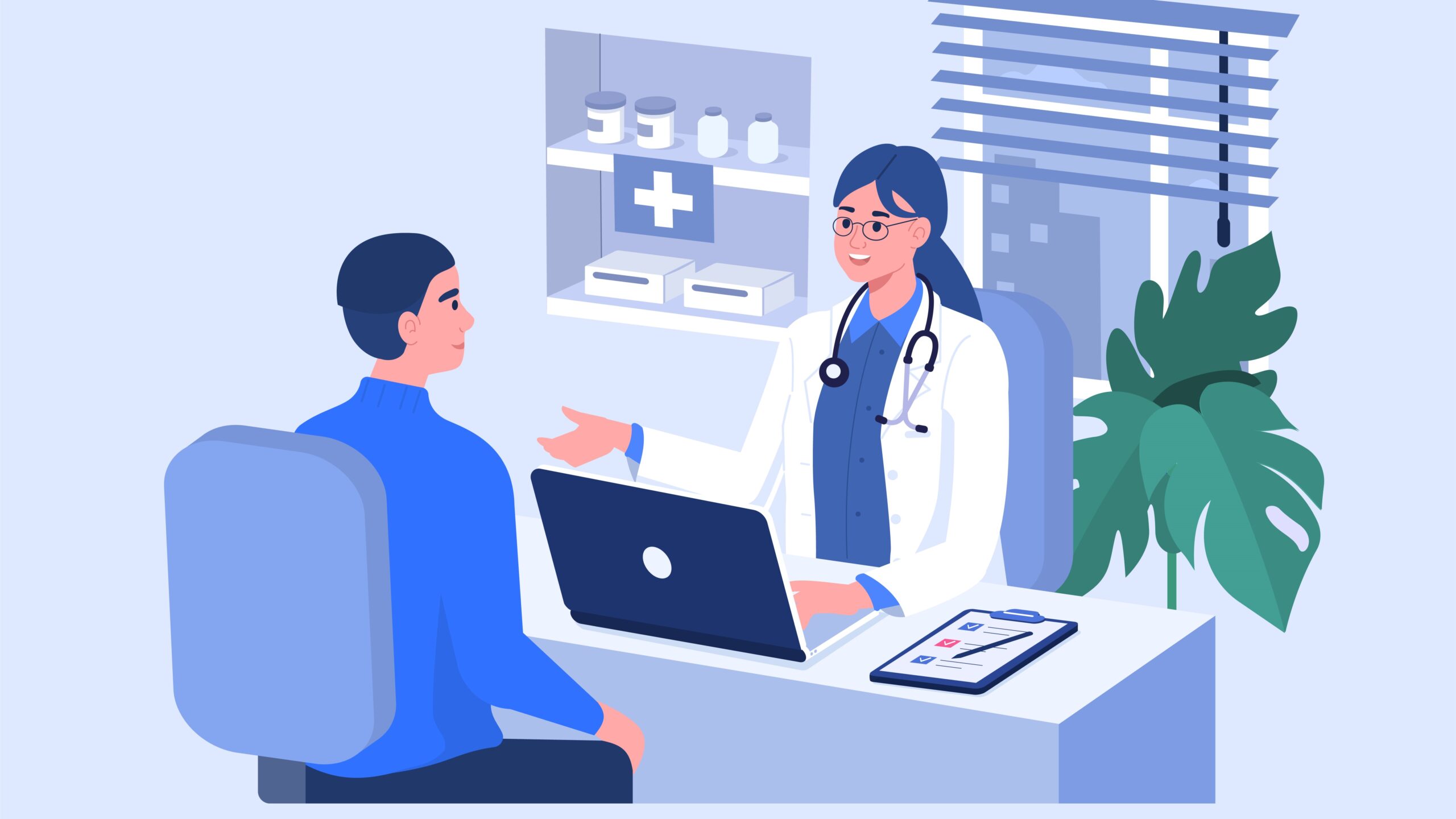Different Approaches to Treating Depression: MDD and ADHD

The date is November 13, 2023.
Depression, which is oftentimes coupled with ADHD and other health issues, has steadily been increasing, raising substantial concern. Nelson M. Handal, M.D., DFAPA, discusses what we understand about the link between major depressive disorder and ADHD, delves into cutting-edge treatments for depression, and explores emerging alternative treatments and therapies.
Q: How common is it for individuals with ADHD to also struggle with depression and mood disorders?
ADHD, major depressive disorder (MDD), and other mood disorders often coexist amongst all age groups. Approximately 15% of children and teenagers with ADHD also suffer from MDD, while anywhere between 7% and 17% of young individuals with ADHD might also have bipolar disorder, based on the studies we've reviewed. Similarly, roughly 20% of adults with ADHD may be dealing with MDD, and between 7% and 18% may have bipolar disorder. If bipolar disorder manifests in adulthood, it's found that about 25% of these individuals also have ADHD. Furthermore, if bipolar disorder begins in childhood, then the overlap with ADHD significantly increases, ranging between 80% to 97%. Women with ADHD are 2.5 times more likely to have MDD compared to those without ADHD. In the case of the elderly, ADHD is also linked with a higher risk for depression.
Q: What can explain the correlation between ADHD, depression, and mood disorders?
A number of factors are involved. One main reason could be the innate hardships associated with battling ADHD, especially when the condition is unidentified, untreated, or inadequately treated. Another contributor could be the possible adversity or traumatic life events adults who suffer from both ADHD and depression often experience. It was found that between 20% to 70% of individuals with ADHD have encountered adverse life events, and between 35% to 50% of adults with ADHD have reported signs of depression or fully developed depressive episodes.
Q: What are the latest advances in the treatment of depression, and what might the future hold?
The arena of depression treatment is making significant progress. Beyond the commonly used treatments such as SSRI, SNRI, MAOI therapies, and others, there are new treatment methods emerging. Additionally, research is currently in progress for multiple potential anti-depressant medications, including the application of psychedelics such as psilocybin, which are yielding positive results in treating MDD or treatment-resistant depression.
Q: What alternatives are available for patients who don't respond to conventional pharmacological treatment?
Trans-cranial magnetic stimulation (TMS) is a viable alternative for depression patients who don't respond well to one or two medications. In TMS, an electromagnetic coil is applied to the patient's head to deliver electromagnetic signals to a specific region of the brain. Furthermore, if a patient is unable to tolerate TMS or their insurance doesn't cover the treatment, they may be referred to electroconvulsive therapy (ECT), even though it may not be as effective as other treatments. Some patients may benefit more from multiple concurrent depression treatments. Some of my patients have responded positively to a combination of TMS, Spravato, and other antidepressants.
Q: How should parents interpret the black box warnings associated with SSRIs when considering treatment for their children and teenagers with depression?
Yes, it is true that SSRIs can induce suicidal thoughts, particularly in adolescents, and in some cases, in children. It's critical to understand the potential side effects of these medications when deciding on treatment. As practitioners, we must analyze every aspect of a patient before prescribing any antidepressant. For instance, if I were to prescribe an SSRI to a patient who is suffering from depression, I would need to know if there's a family history of bipolar disorder which may complicate the treatment plan.
The primary objectives of any treatment are efficacy and tolerance. As such, we start patients on a low dose and increase it gradually to mitigate tolerance and potential side effects, including suicidal thoughts. After about three weeks, we assess the patient's response to the treatment.
Q: Is there any reason that someone with ADHD and depression might prefer a non-stimulant medication over a stimulant medication as a treatment for ADHD?
A patient may prefer non-stimulants if they experience overactivation when using stimulants. Other factors such as coexisting mood disorders or cardiovascular problems (like high blood pressure or cardiomyopathy) might also limit patients to the use of non-stimulants to treat ADHD.
Overall, a complete evaluation and understanding of a patient’s ADHD and comorbid conditions is crucial to formulate a successful treatment plan. That includes asking the patient about family history with conditions, prior responses and side effects experienced on ADHD medications if previously taken (we do pharmacogenetic testing when needed), and even if they have any stigma related to medication use. While stimulants have been around for decades and are one the most studied medications in pharmacology, there is still much stigma surrounding their use that could interfere with a patient’s short- and long-term success.
The content for this article was derived from the ADDitude webinar titled, “New Insights Into and Treatments for Comorbid Depression” [Video Replay & Podcast #456] with Nelson M. Handal, M.D., DFAPA, which was broadcast on May 24, 2023.




